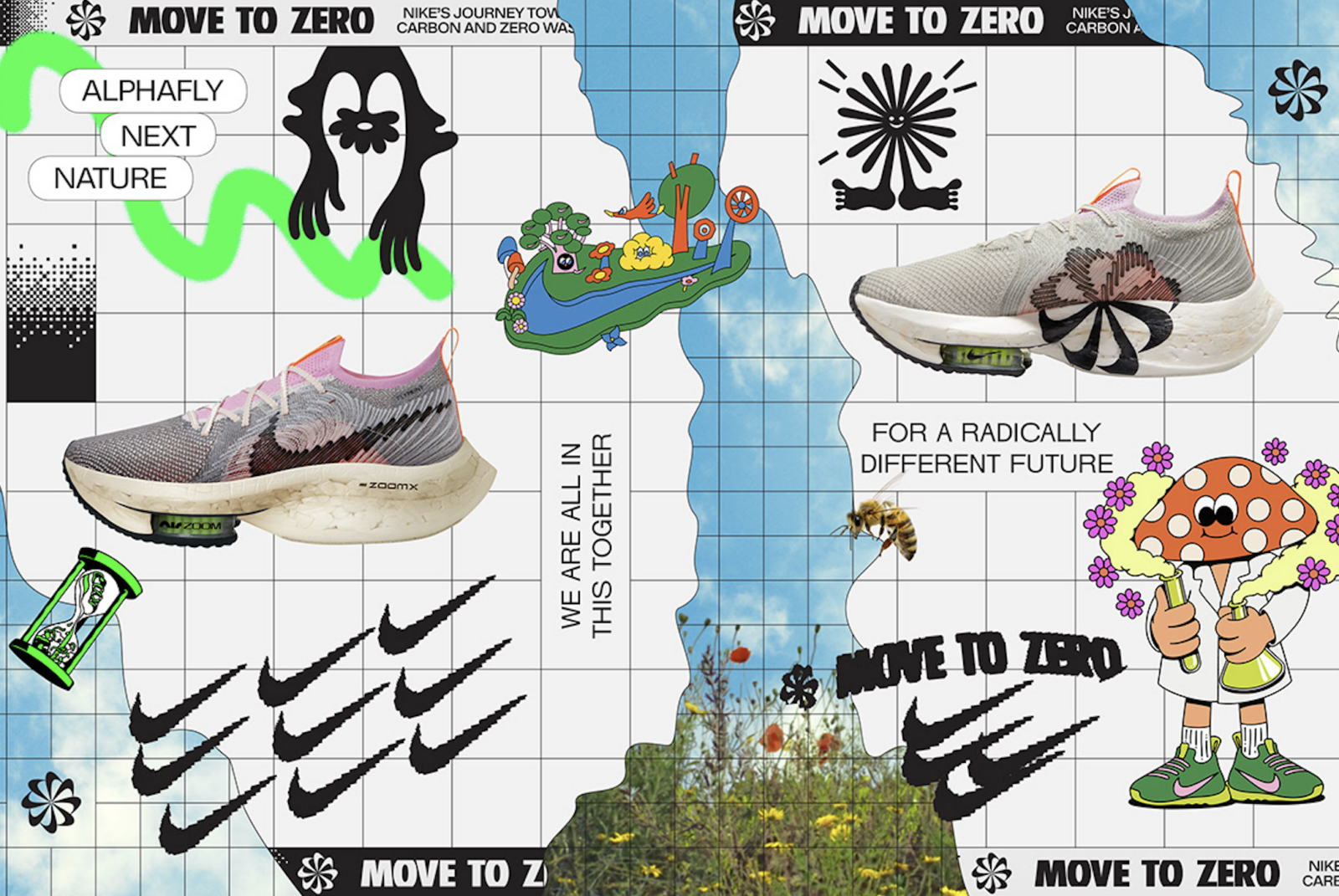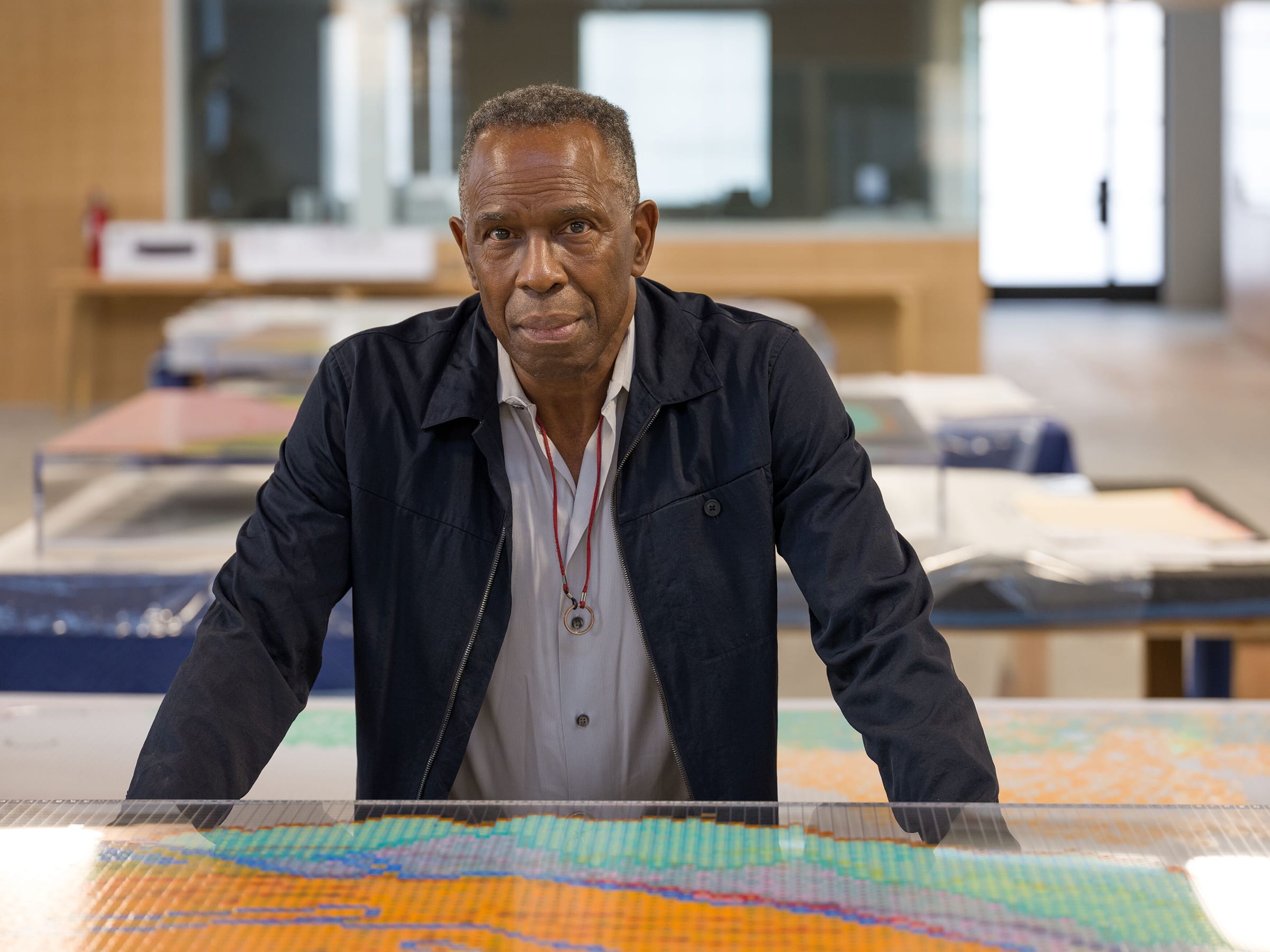Greenwashing litigation has been making headlines in fashion and beyond, with H&M, Allbirds, Nike, and Canada Goose being among some of the big-name companies that have been targeted with lawsuits as a result of their focus on sustainability or broader ESG claims (think: the use of product/service claims in the vein of “sustainable,” “green,” “eco-friendly,” “conscious,” etc.) in their advertising...
Author: sp (sp )
FTX Founder Sam Bankman-Fried Convicted of Defrauding Cryptocurrency Customers
FTX founder Sam Bankman-Fried’s spectacular rise and fall in the cryptocurrency industry — a journey that included his testimony before Congress, a Super Bowl advertisement and dreams of a future run for president — hit rock bottom Thursday when a New York jury convicted him of fraud for stealing at least $10 billion from customers and investors....
In Online News, Do Mouse Clicks Speak Louder Than Words?
In a polarized country, how much does the media influence people’s political views? A new study co-authored by MIT scholars finds the answer depends on people’s media preferences — and, crucially, how these preferences are measured. The researchers combined a large online survey experiment with web-tracking data that recorded all of the news sites participants visited in the month...
Online Grocery Shopping Promotes Less Variety, Fewer Impulse Buys
Online grocery carts tend to include less variety and fewer fruits and vegetables than those in a trip to a brick-and-mortar supermarket – but online shoppers are less susceptible to unhealthy impulse buys, according to a new Cornell University study. In an analysis of nearly 2 million shopping trips, the researchers found that within a given...
Abercrombie, Former CEO Accused of Sex Trafficking in New Lawsuit
Abercrombie & Fitch has landed on the receiving end of a new lawsuit, which accuses the company of participating – and maintaining “intentional involvement” – in a “widespread sex-trafficking operation led by its [former] CEO Michael Jeffries,” who is also named as a defendant in the striking case. According to the complaint that he filed...
Judge Dismisses Most of Artists’ Copyright Lawsuit Against AI Image Generators
The artists have indicated they will amend their complaints and continue the legal battle against what they say is unfair use of their work by artificial intelligence image generators A federal judge has dismissed most of the claims in a lawsuit filed earlier this year by artists accusing artificial intelligence (AI) image generators of copyright...
The Cool Conceptualism of Charles Gaines
A new show at the Institute of Contemporary Art, Miami explores the layered work of the American artist Charles Gaines is the subject of a show that opens at the Institute of Contemporary Art, Miami during Art Basel Miami Beach this year. The survey, ‘Charles Gaines: 1992-2023’, focuses on the latter half of the artist’s career and...
Digitizing Books Can Spur Demand for Physical Copies
Book publishers cried foul – in the form of numerous legal challenges – nearly two decades ago when the Google Books project digitized and freely distributed more than 25 million works. The publishers argued that free digital distribution undermines the market for physical books, but new research from Cornell University’s Imke Reimers and a collaborator reveals that...
Having a Bad Boss Makes You a Worse Employee
Research underscores the hidden cost of abusive leadership, revealing that employees who prioritize career advancement suffer more than employees who prioritize job security If your boss stomps and yells, criticizes you, and then proceeds to take the credit for your work – even it is an isolated incident – it can take a profound toll...
Day of the Dead Is Taking on Halloween Traditions, but the Sacred Holiday Is Far More Than a ‘Mexican Halloween’
Many Latinos regularly declare: “Día de los Muertos is not Mexican Halloween.” The declaration is increasingly repeated by non-Latinos too. Drawing a clear line between the two holidays is a rhetorical strategy to protect Day of the Dead’s integrity as Mexican cultural heritage and separate it from American popular culture. However, as a Mexican-American who...










